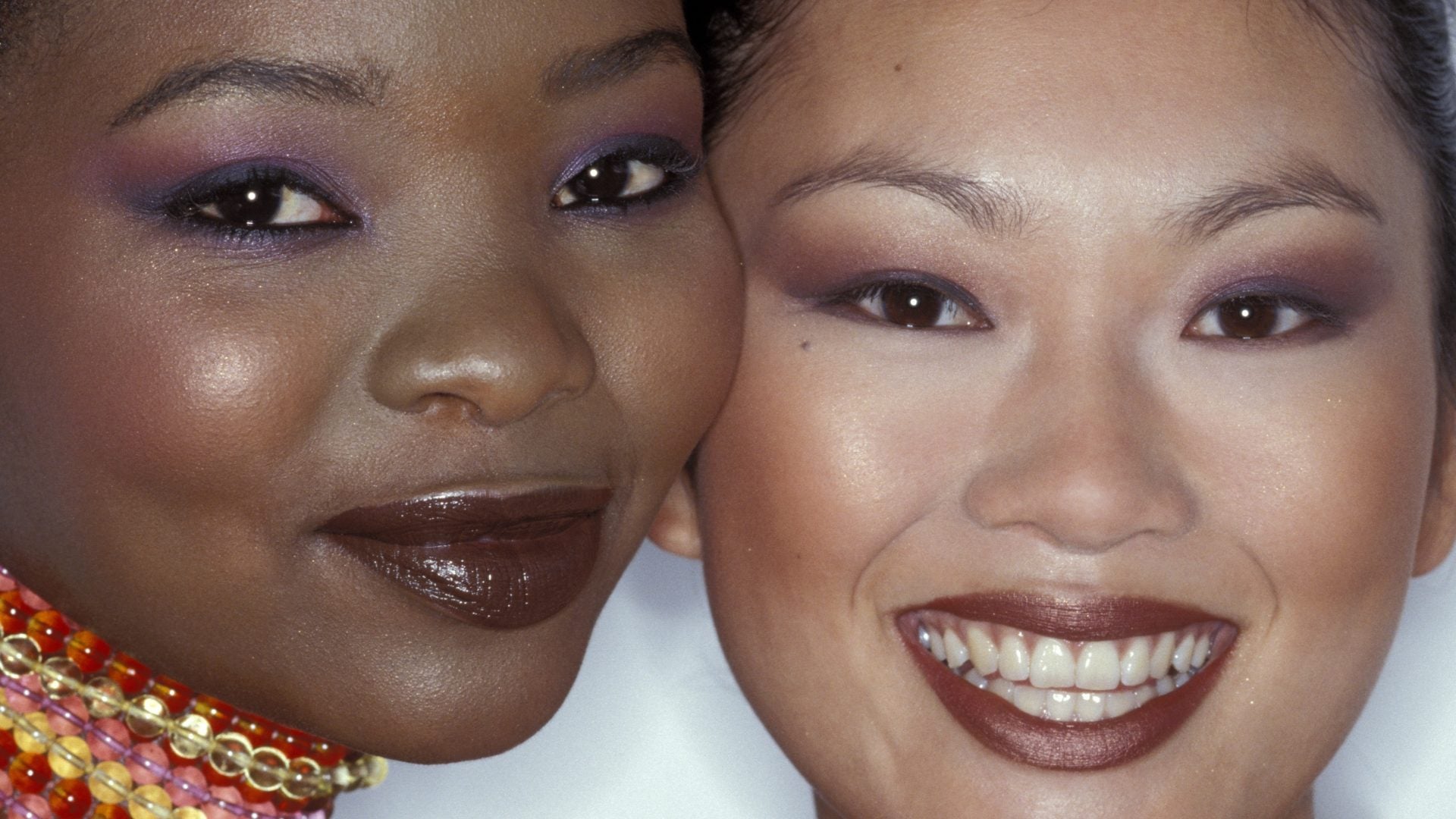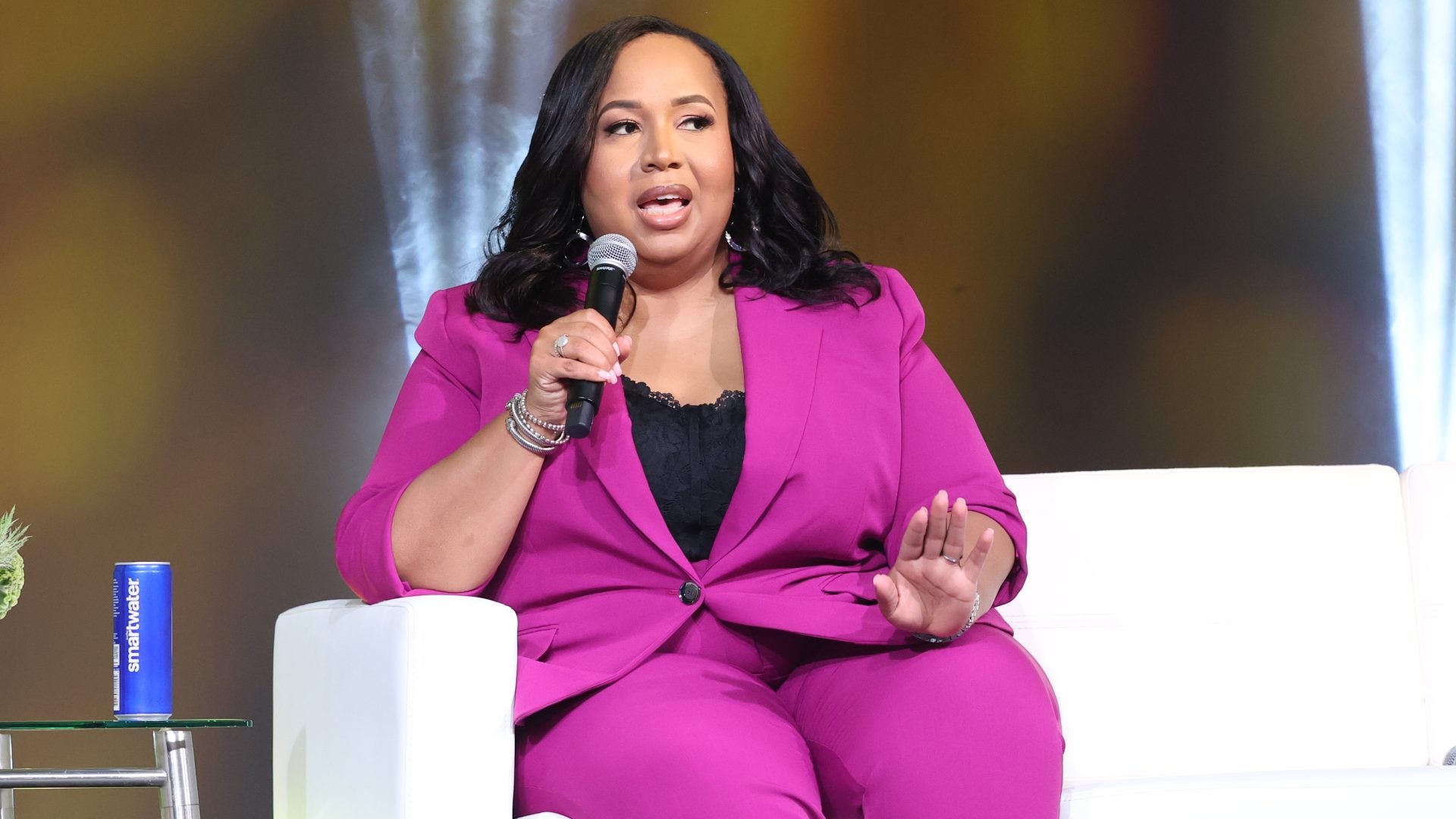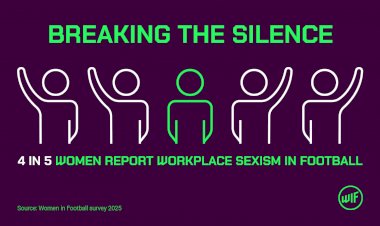Tabitha Brown Is Not Wrong: How A 9-5 Saved My Life And Business
In June 2019, I took the leap. I left my “good government job” to pursue my passion for writing, speaking, and teaching about the financial lives of Black women full-time, […] The post Tabitha Brown Is Not Wrong: How A 9-5 Saved My Life And Business appeared first on Essence.

 Portrait of Mature female entrepreneur brainstorming while using a laptop computer in the office.
Portrait of Mature female entrepreneur brainstorming while using a laptop computer in the office. In June 2019, I took the leap.
I left my “good government job” to pursue my passion for writing, speaking, and teaching about the financial lives of Black women full-time, convinced I was ready.
Or so I thought.
A few months prior, I had a few big breaks: I started writing for some well-respected publications and had cashed my fattest keynote check to date. Additionally, I had at least one year of savings stashed away, and my insurance was taken care of, as my husband was still a W-2 employee. And, as all side-hustle experts recommend, I made sure I had a few projects lined up before my exit.
But in March 2020, I was nine months into entrepreneurship, the nation was on the brink of lockdown, and I was spiraling.
All of my speaking engagements had dried up due to COVID, but even before the global health pandemic, the yellow brick road to financial freedom via entrepreneurship was littered with potholes, shards of glass, detours, and dead ends I was not ready for.
I worked constantly, even though my income was not predictable. I would go weeks without a new client. My savings were dwindling, and there were tumbleweeds blowing through my business savings account. As someone who prided themselves on being organized and structured, I struggled to find a work rhythm with the built-in structure of a j-o-b.
And I wasn’t prepared for the isolation. While I’m by no means an extrovert, I thrive in community. I missed my close co-workers, the spontaneity of impromptu brainstorming, hearing about personal wins, and sharing resources.
Working for myself meant working by myself on most days. And did I mention the 20 extra pounds I gained because I failed to prepare my meals, skipped gym days, slept less, and solved this problem with a nearly daily drive-through habit for a cheeseburger, medium fries, and an iced coffee?
I was not well.
One morning after dropping off my daughter at daycare, I slumped in my car, doomscrolling on my phone, delaying the start of another solopreneur day, and came across an article that outlined the adverse effects of entrepreneurship on one’s mental health.
There was a suicide hotline number listed at the end of the article.
Within moments, I was in tears, explaining to the stranger on the other end of the line how hard and meaningless life was, and how stressed, fearful, and worried I was about the future despite all the planning I had done.
****
Tabitha Brown Is Not Wrong
Earlier this month, Tabitha Brown, serial entrepreneur, affectionately known as America’s Mom and source of inspiration for many Black women, offered some advice to struggling entrepreneurs who struggled to make revenue, follow through on opportunities, and execute on their ideas: get a job and work your 9-5 until your dreams can fund themselves.
What seemed like simple, practical business advice from someone who worked all types of gigs while she pursued a career in acting created an (undeserving) onslaught of backlash. Ms. Brown was labeled as tone-deaf or insensitive to the fact that nearly 300,000 Black women have lost their jobs since the start of the year.
But the data don’t lie. Today, around 2 million Black/African American women-owned businesses make up roughly 14% of all women-owned businesses. These firms employ about 648,000 people, but they generate only 3.6% of the revenue produced by all women-owned businesses.
While it’s encouraging to note that employer firms owned by Black women saw revenue jump by over 100% between 2019 and 2024, this is atypical. Most Black women-owned businesses are non-employers (meaning no paid staff) and have far lower average revenues. The typical nonemployer Black woman business pulled in just $22,900 in 2024.
Even among all Black women-owned businesses, the average revenue hovers around $47,300.
****
The Return
By July 2020, I beat these odds. I somehow cobbled together enough work that year to exceed my revenue goals, which are just a few thousand shy of the coveted six-figure mark. Around this time, my husband shared that there were impending layoffs at his company. We didn’t want to chance both of us living without insurance, especially with a four-year-old daughter to care for.
So, within a few months, I was back behind a desk, licking my wounds, and awash with so many conflicting thoughts and feelings: Did I give up too quickly? Am I a failure? Should I just be grateful to have a job, benefits, and an easy commute?— until I stepped back and saw the flaw in this line of thinking.
Having a steady job wasn’t an obstacle to entrepreneurial success. It was a stepping stone. “For Black women entrepreneurs, a 9–5 can actually be a lifeline. It provides financial stability to cover life’s responsibilities, creates space to reinvest in the business, and offers the freedom to grow on your own terms without the constant pressure to survive,” says Ylorie Taylor, strategist and business coach at Brown Girl Marketing.
Work—whether for someone else or myself— is something I do, not who I am. When I would forget, I’d reread Toni Morrison’s essay, The Work You Do, The Person You Are where she recalls, as a little girl, complaining to her father about her job. He listened but didn’t indulge her. Instead, he set down his coffee and said, “Listen. You don’t live there. You live here. With your people. Go to work. Get your money. And come on home.”
This reframe reinvigorated and refocused me for the next three years. I did not waste time: I used my salary to invest in masterminds, test offers, adjust pricing, and leverage my paid time off to deliver services to my clients. I maximized my retirement allocations, worked overtime, and took advantage of professional development that would build my capacity.
I also volunteered to work across departments to deepen and broaden my personal and professional connections. “ A strong network not only gives you guidance and accountability but also opens doors to resources, opportunities, and partnerships you may not find on your own,” says Taylor.
Second Chances
By the end of 2023, my plan to leap back into entrepreneurship was in motion. Not only was I leaving the job, I was leaving the country — relocating to Ghana with my family to pursue passion, profit, and purpose in a completely different setting.
This time, I felt both emotionally and financially equipped to handle life and money as a newly seasoned businesswoman — in no small part because of my 9–5. I was grateful for the stability it afforded me, thankful for the lessons learned in the valleys of my first year as an entrepreneur, and clear about these two truths: If I ever need to return to the bosom of a 9–5, I will — without shame. But for now, I don’t need to, because the 9–5 did exactly what it was supposed to do for me in the season I needed it.
As Tabitha Brown reminds us, “Entrepreneurship isn’t for everybody. But that doesn’t mean it’s not for you.” Sometimes the very thing holding you back from finding out — ironically — is refusing to get a job when it’s clear you need one.
Kara is the founder of The Frugal Feminista and author of heal your relationship with money and Unmasking the Strong Black Woman.
The post Tabitha Brown Is Not Wrong: How A 9-5 Saved My Life And Business appeared first on Essence.

























